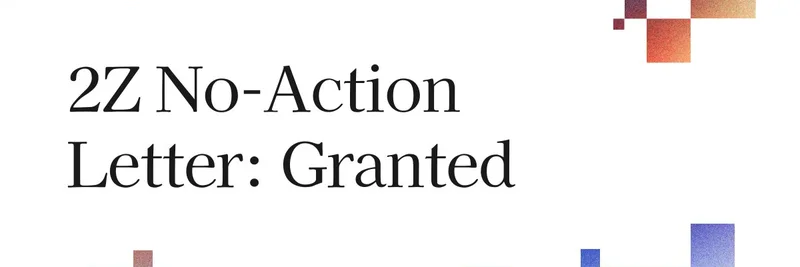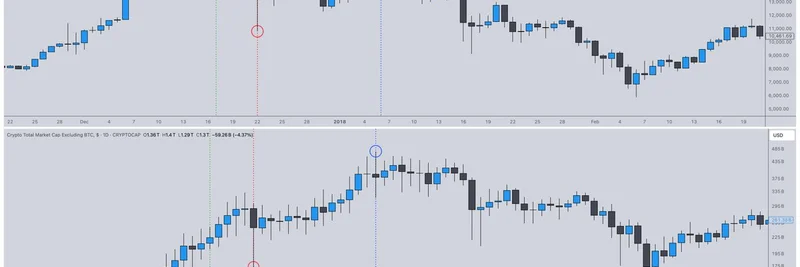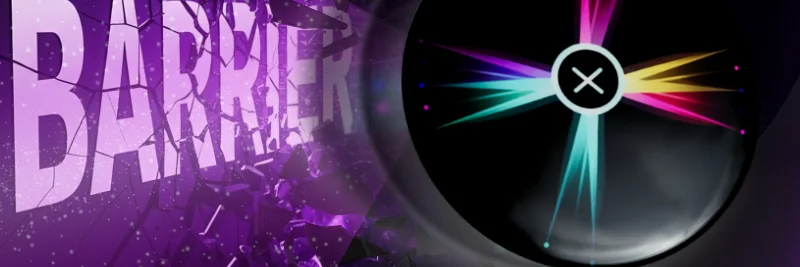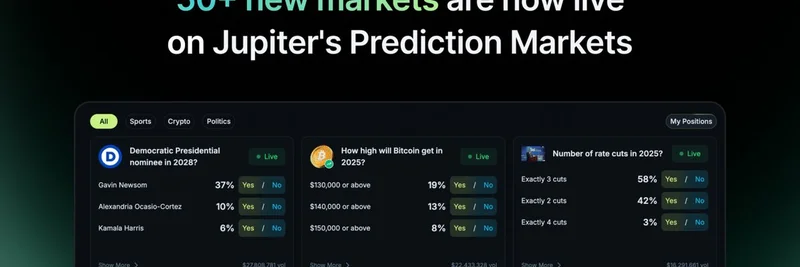In the ever-evolving world of crypto, regulatory clarity is like finding a diamond in a haystack. That's why the recent buzz around DoubleZero's 2Z token is turning heads. Garrett Skrovina, Head of Crypto at Lazer HQ and a former CoinDesk contributor, highlighted this development on X, quoting the announcement and congratulating the team led by Austin Federa. It's a step toward establishing frameworks for launching tokens compliantly in the US—something that could ripple through the meme token space.
What Exactly Happened?
DoubleZero, a project focused on supercharging communication in distributed systems like blockchains, received a no-action letter from the SEC for its 2Z token. In simple terms, a no-action letter is the SEC's way of saying, "Based on what you've told us, we won't pursue enforcement actions against you." This one specifically assures that 2Z doesn't need to be registered as an equity security, and transactions involving the token on the DoubleZero network aren't considered securities deals.
The announcement came after four months of back-and-forth with the SEC, as shared in the original post by DoubleZero. It's being hailed as a landmark for the industry, especially since the SEC has historically been tough on crypto projects. For more details, check out the Axios coverage or the official SEC letter.
Diving into DoubleZero and 2Z
DoubleZero isn't your typical hype-driven project; it's all about infrastructure. Think of it as upgrading the internet's backbone for blockchains. By leveraging high-performance fiber-optic networks, it aims to slash latency and boost bandwidth for validators on chains like Solana, Aptos, Avalanche, Celestia, and Sui. The 2Z token is the fuel here—used for payments, rewarding contributors who improve network efficiency, staking for security, and eventually governance.
The token sale is happening on CoinList, targeted at validators and even open to US accredited investors for the first time in years. With up to 150 million tokens up for grabs (1.5% of initial supply), it's structured to prioritize those with skin in the game, like high-stake validators. Vesting periods apply, ensuring long-term alignment.
While 2Z is a utility token at heart, its compliant launch sets an example for how projects can navigate US regs without getting slapped with securities violations.
Why This Matters for Meme Tokens
Now, you might be wondering: What's this got to do with meme tokens? Meme coins thrive on virality and community, but they've often operated in gray areas, risking SEC crackdowns for looking too much like unregistered securities. DoubleZero's success shows a path forward—engage with regulators early, structure your token as true utility, and you might get the green light.
For meme token creators, this could mean more US-based launches without fear of enforcement. Imagine meme projects tying into real utility, like community rewards or network contributions, to mirror 2Z's model. It's not a free pass, but it's a blueprint. As SEC enforcement dips (only nine actions this year versus 47 in 2023), the tide might be turning toward collaboration over confrontation.
Hester Peirce, an SEC commissioner known for her pro-crypto stance, praised the move, emphasizing that markets should decide project viability. This optimism is echoed in community replies to Skrovina's post, with folks calling it a "big step forward" and speculating on future token launches, even in educational settings.
Looking Ahead
This no-action letter isn't just a win for DoubleZero; it's a signal that the US crypto landscape is maturing. For blockchain practitioners and meme enthusiasts alike, it opens doors to innovation without the constant regulatory shadow. Keep an eye on how other projects follow suit—could this be the start of a compliant meme token boom?
If you're diving into meme tokens or broader crypto tech, stay tuned to Meme Insider for more insights. What's your take on this regulatory shift? Drop a comment below!




